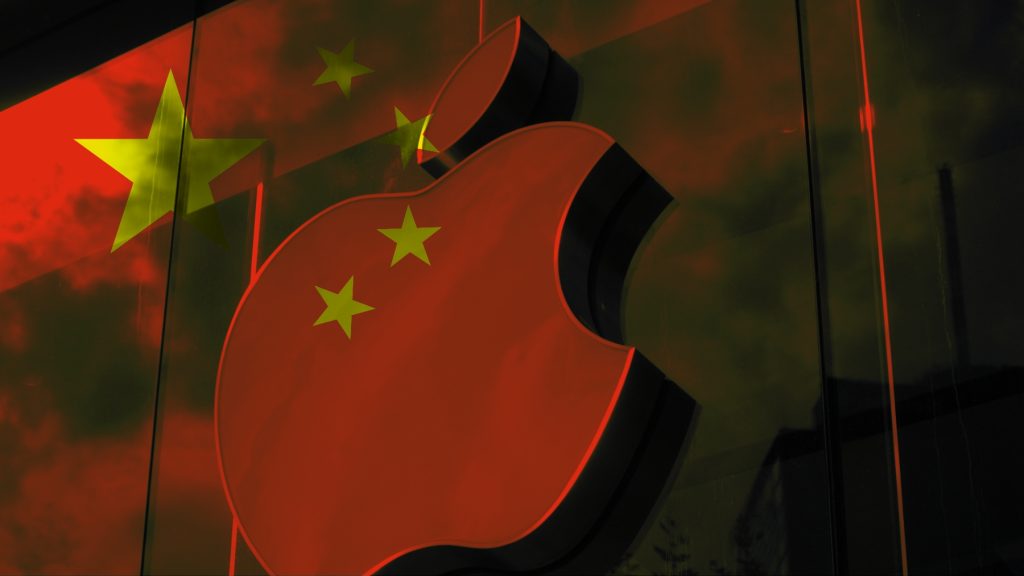
In response to a governmental order, Apple has removed WhatsApp and Threads from its App Store in China.
- The Cyberspace Administration of China ordered the removal of the apps over unspecified national security concerns.
- Other Meta apps like Facebook, Messenger, and Instagram remain available.
- Speculations arise around China’s recent regulations mandating app registration.
Apple has removed WhatsApp and Threads from its App Store in China, complying with a governmental order.
The Cyberspace Administration of China, the nation’s internet regulator, reportedly ordered the removal of the Meta apps due to unspecified national security concerns. In a statement email to Reuters, Apple said that they were “obligated to follow the laws in the countries where we operate, even when we disagree.”
Other Meta apps, such as Facebook, Messenger, and Instagram, are still available.
Apple confirmed that Chinese consumers can still download the apps from its App Stores in other countries if they have an iCloud account there.
According to sources familiar with the matter, the Chinese government allegedly found inflammatory content on both apps about China’s President Xi Jinping, citing alleged violation of the country’s cybersecurity laws.
While the specifics are still unclear, speculations indicate this move is linked to China’s recent regulations requiring all apps operating in the country to register with the government. WhatsApp and Threads weren’t the only subjects of said extraction from the store, as Apple also removed other global messaging apps from its App Store in China, including Telegram and Signal, according to Appfigures.
There might be more to it.
For the last couple of years, the world witnessed the U.S. government on a crusade to ban TikTok in the U.S., which might succeed as former employees confirm the company’s ongoing relations with ByteDance. Add to that the decades of geopolitical tensions between the two powerhouses that have culminated in sanctions, greatly impacting the countries’ technological development. What we are now looking at is the natural consequences of this behavior.
This dynamic has already forced China to figure out how to move forward, specifically in the AI sector, without having to rely on U.S.-made components. In 2019, Huawei started to develop and manufacture the chips that it used to purchase from the likes of AMD and Intel but could no longer do so. Now, it’s Nvidia’s direct competitor seeing its progress in chips designed for artificial intelligence. Huawei’s Ascend 910B AI processor is said to be comparable in raw computing power. Now, removing WhatsApp and Threads could very well be China’s response to TikTok’s impending demise.
But then again, they also removed two messaging apps known for their privacy and security features. Antony Demetriades, VP at McAfee, told Trusted Reviews in a 2022 interview that Telegram has end-to-end encryption that a user will have to enable, but Signal is a privacy-focused platform that offers it for all communications.
Removing the apps from Apple’s App Store in China is either a power move against their rival, the U.S., or a way to further protect their culture from Western influence.
Inside Telecom provides you with an extensive list of content covering all aspects of the tech industry. Keep an eye on our Tech sections to stay informed and up-to-date with our daily articles.